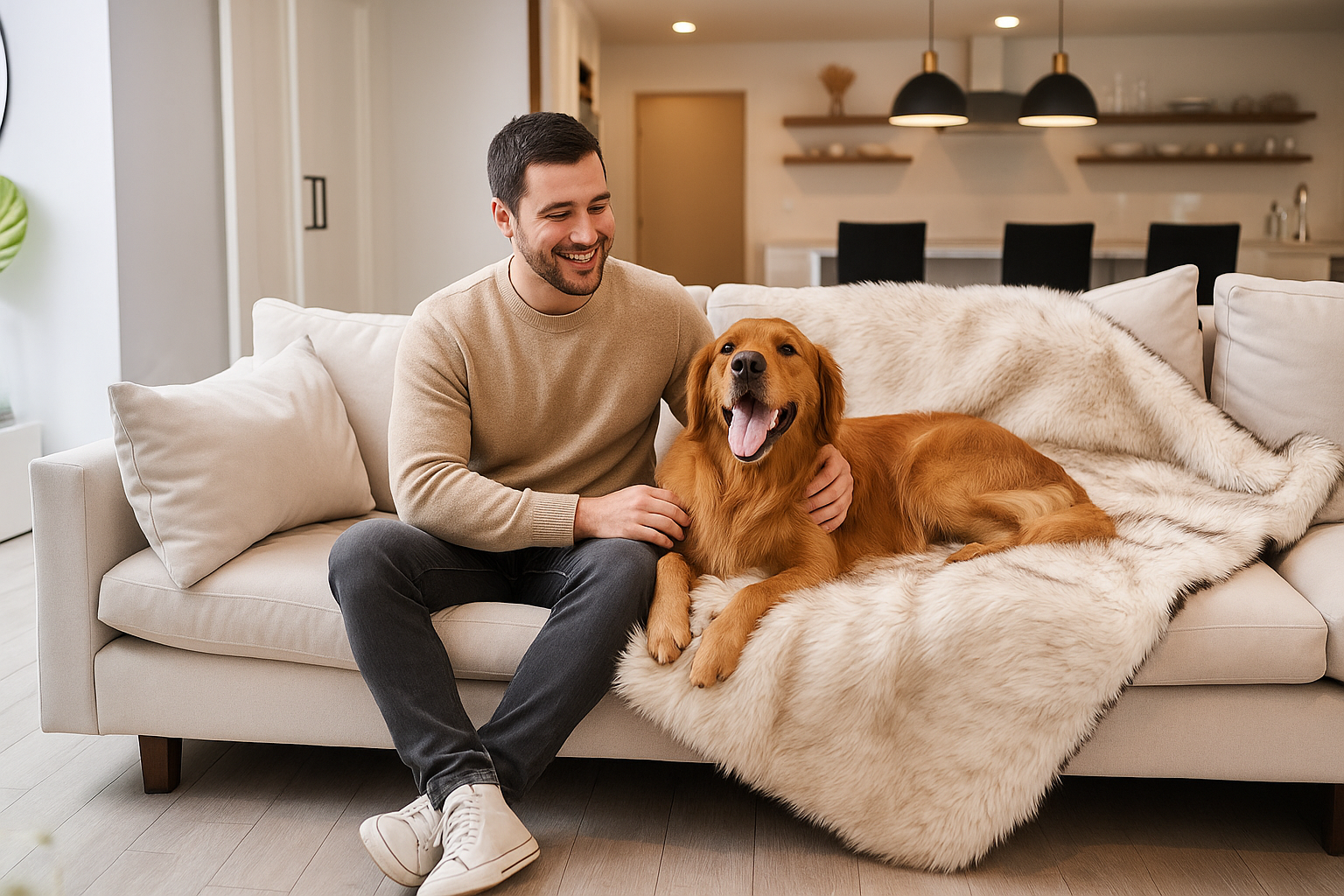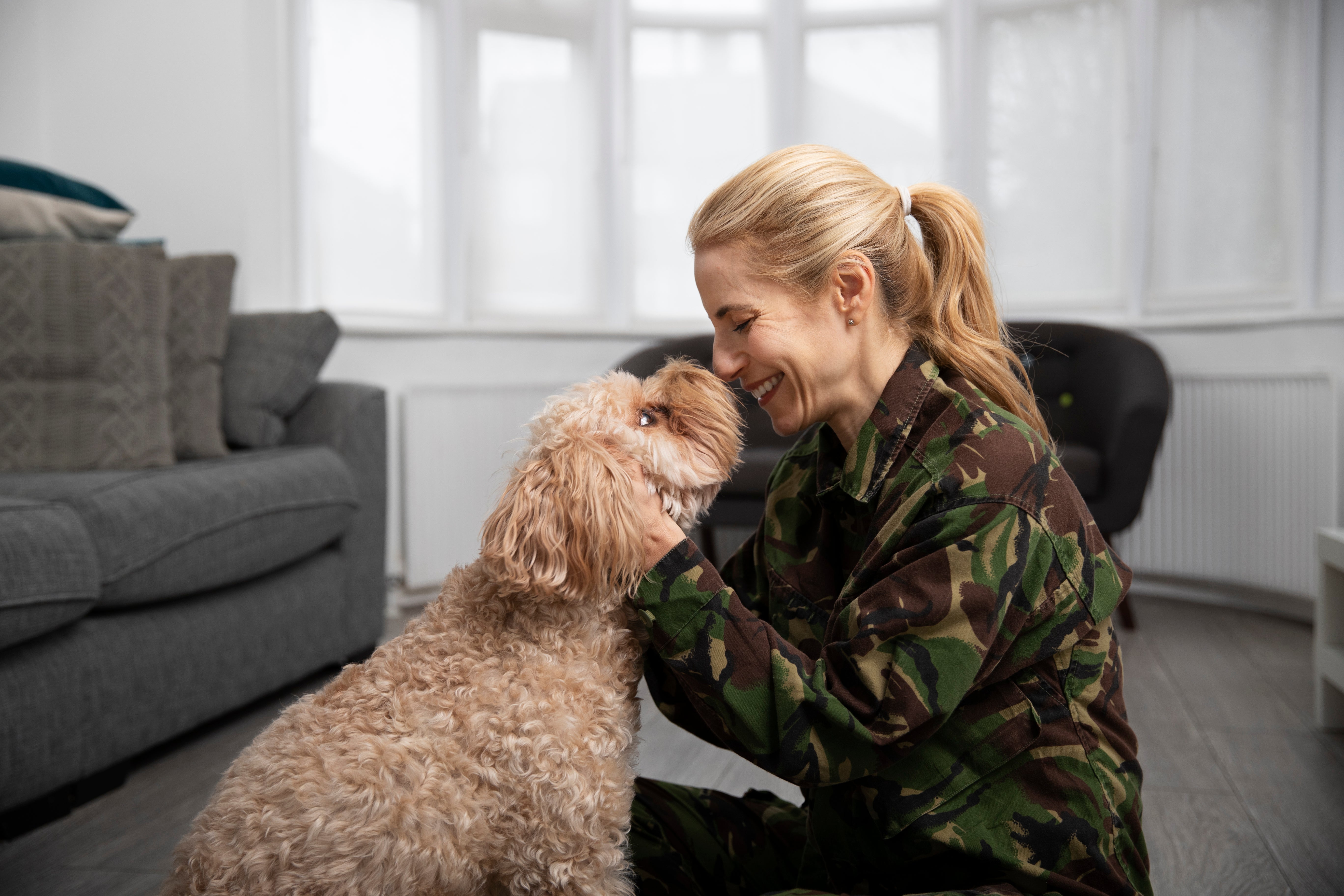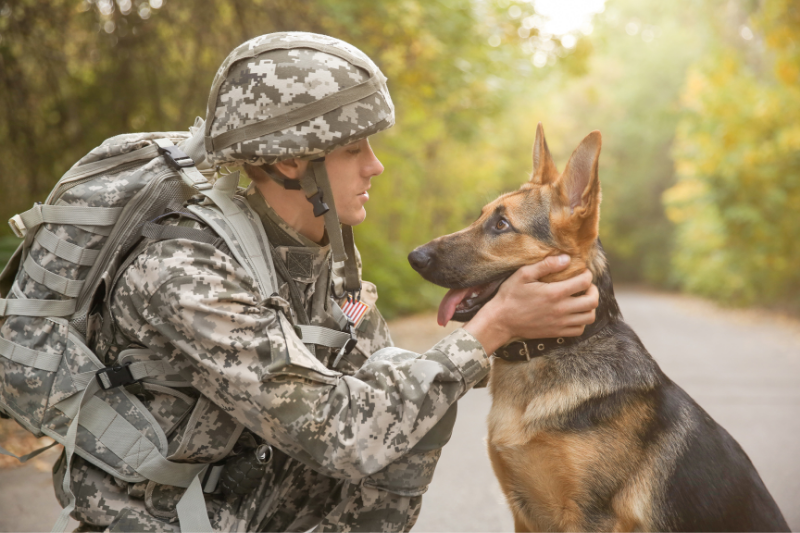PAW.com on the Road: A Visit to Big Dog Ranch Rescue
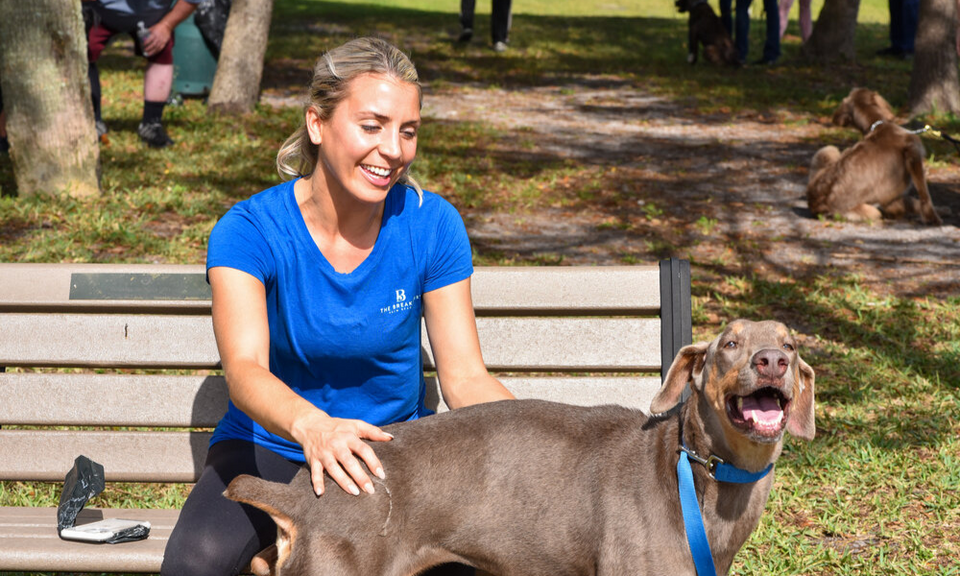
Everyone likes field trips. As kids, we love them because it feels like we’re getting out of school to go have fun. As adults, we love them because it feels like we’re getting out of work to go have fun.
Of course, with a lot of adult field trips, that “fun” has nothing to do with the job. Fortunately, in the case of PAW.com, a recent field trip an hour up the highway in Florida was both entirely work-related and incredibly fun.
That’s when our entire pack packed up in a van, hit I-95 (avoiding the turnpike), turned left at West Palm Beach and drove another 14 miles or so to Loxahatchee Groves.
Like many place names in Florida, it’s derived from native Seminole and comes from the words lowchow (turtle) and hatchee (river), thus translating to “river of turtles.”
There were no turtles here today, though. Naturally, we’d come to see the dogs at Big Dog Ranch Rescue.
Welcome to the Big Ranch!

Founded in 2008, Big Dog Ranch Rescue has a 33-acre campus that is a canine paradise. Their facilities include medical intake and quarantine buildings, the latter of which do not share air with any other buildings to keep the dogs safe.
One area, Puppy Land, is designed to provide stress-free birthing cabins with attached play yards for expectant mothers. Since its founding, Big Dog Ranch Rescue has saved the lives of more than 48,500 dogs, with their goal being to save at least 5,000 dogs a year, heal and rehabilitate them, and place them with loving forever families.
Along with this goal, Big Dog Ranch Rescue also seeks to educate people about the proper care for dogs and the importance of spaying and neutering. It is the largest cage-free, no-kill dog rescue community in the entire country.
Hitting the Road
We set off on the first Thursday in December with pleasant weather for a late fall day in Florida — sunny and slightly breezy, generally in the mid-70s, but hitting a high of 79 in the afternoon.
Because all of us at PAW.com consider pets to be family, our goal in coming by to volunteer was to build and bond out own furry families by helping dogs in need. Before arriving, we divided ourselves into groups of 4 to 6 people, which would rotate through four sectors, each one catering to different types of dogs, depending on their needs.
The sectors were divided into groups: Older, more senior dogs; larger, more active, and hyper dogs; smaller dogs; and the quarantine area. The latter is more about dogs that have to be kept separate for a certain period of time after arriving from other parts of the U.S. or foreign countries, and they are tested for various diseases on arrival.
Overall, all the humans in our group seemed to enjoy the day just as much as the dogs did, if not more. You can see for yourself here:
Special Dogs and Special Needs
As noted above, the dogs are kept in four sectors, according to their needs. Older, senior dogs tend to be not quite as active and may also have joint issues that make running around or movement difficult.
There are medications for this, but if an older dog has hip-dysplasia, for example, and a much more energetic dog runs into them even in play, it can injure the older dog.
Older dogs may also have lower energy levels and may just not tolerate “youngsters” anymore. While an adult dog may put up with being climbed on or otherwise abused by a puppy, an older dog will probably have none of it, and give the young pup the canine equivalent of, “Get off my lawn!”
The more active and hyper dogs, especially if they’re larger, go into their own sector, where they can play with dogs of equivalent energy and size with no worries about accidentally injuring each other. These are the more playful and excited members of the entire shelter pack, but their energy can sometimes be a bit too much for smaller, calmer dogs.
We’ve probably all met a person like that — their energy level is so high that it’s exhausting just spending half an hour around them. These larger and/or hyper dogs are just like that to their calmer fellow canines.
Smaller, timid dogs, go into sector 3, and many dog parks have the equivalent of this, with a separate area for dogs that might be easily run over and injured by a bigger pack or who cower and run away from larger dogs.
Sometimes, a timid dog may also lash out in fear if they feel like they’re being cornered or intimidated by a big dog, in which case they can turn into a flying ball of relentless teeth, which won’t have a good result for either dog.
This is why it’s so important for the staff and volunteers at Big Dog Ranch Rescue to know how to separate the dogs into sectors and what to watch for in order to create maximum calm and harmony.
What We Thought

Besides a short road trip on a pleasant day, everyone was impressed by the ranch itself. The campus is incredibly laid out, with inviting and beautifully designed buildings nestled among the grounds, surrounded by green spaces and with water features both natural and man-made. Puppy Land is a charming little area all to its own, and the doggy play areas are spacious, securely fenced, and with well-maintained lawns.
PAW.com’s Gina Finn had this to say: “It’s one of the nicest dog rescues I’ve ever been to. You can genuinely feel the tender love and care each employee has for every animal that comes in. They go the extra mile to ensure each dog gets fresh air and plenty of outside time. They also make sure their enclosed areas are as clean as possible so the dogs can be secure and comfortable at all times.”
And, of course, there were a couple of doggie-standouts among the many in residence at Big Dog Ranch Rescue. Gina was particularly stricken by Coco, a rescue dog from Puerto Rico. She said, “I walked a few dogs but there was something about this puppy that I just fell in love with. He had such a great amount of love and warmth to give even though he was in this shelter.”
Coco’s shelter bio describe him as a very active and sweet boy who is looking for his forever home, and who loves to play with other dogs and people. He is still young and energetic, so not completely trained and will need guidance, but for the right person with the time and patience, he has the potential to grow into an amazing dog.
Meanwhile, PAW.com’s founder and CEO David Gimes fell for another of Coco’s fellow Puerto Rican rescues, Nico, a gentle giant of a bulldog who’s about two years and nine months old. David and Nico went on plenty of walks and got in some quality play and snuggle time.
Nico probably needs an experienced pet parent but gets along with older children who respect his boundaries, and likes to play with other dogs, though often on his terms. He’d probably prefer a more energetic household with plenty of human visitors to meet, and he loves long walks on-leash.
You can see Coco, Nico, and all the other dogs currently at Big Dog Ranch Rescue at their website.
Homeward Bound
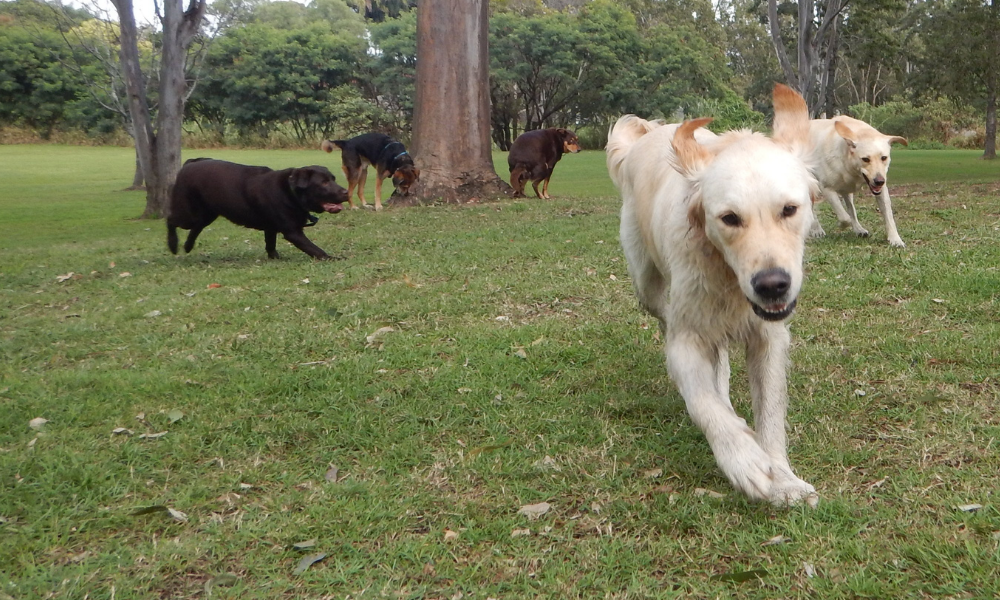
After a fun but exhausting day, we all said our good-byes, piled back into the van, and headed west and then south. There’s nothing quite as heartwarming and inspiring as spending a whole day with a bunch of happy, well-cared for, and friendly dogs — although we did manage to avoid the temptation to just adopt them all.
If you happen are or are going to be in the vicinity of West Palm Beach, Florida, check out Big Dog Ranch Rescue’s schedule of events and consider dropping by, especially if you’re looking for a new forever friend.
And if you’re not in the area, check out the rescues near you. They’re the best place to go when you’re looking for a new fur baby and, if you’re not, there isn’t a rescue shelter around that doesn’t need volunteers or donations of bedding, toys, food, or other items.
Dogs are good for our souls, and our day trip to Big Dog Ranch Rescue gave us a big booster shot of canine love and goodness and the reminder that dogs are just angels who hide their wings.
Share this article
written by
